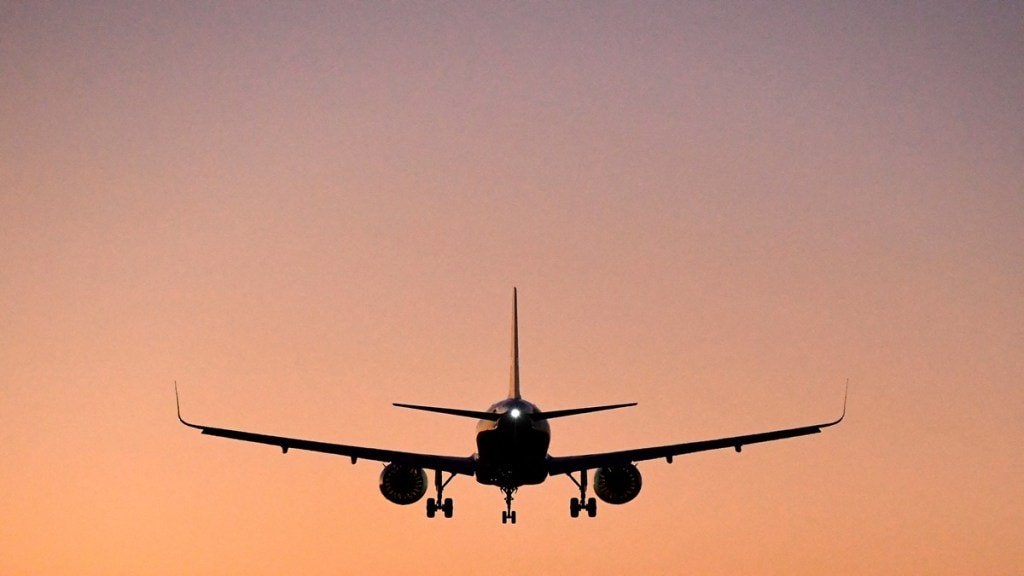The Directorate General of Civil Aviation has granted approval for special Visual Flight Rules (VFR) operations at Deoghar Airport in Jharkhand. This significant decision aims to facilitate and improve aircraft operations during low visibility conditions.
Deoghar airport has cancelled and delayed multiple flights since its inauguration in July 2022, mostly due to low visibility. The minimum visibility criteria for VFR operations, set at 5,000 meters, posed limitations on air travel in adverse weather conditions.
What are Special VFR Operations?
Special VFR operations refers to operating in weather conditions where the visibility is less than the basic VFR minima. This signifies a strategic approach to managing adverse weather conditions and ensuring the continued operation of flights at Deoghar airport.
DGCA on Low Visibility Challenges
The DGCA, in a statement on Thursday, acknowledged the disruptions caused by cancellations and delays during low visibility at Deoghar airport. To address this issue, the regulatory body conducted extensive consultations with stakeholders and conducted a thorough study on the potential for Special VFR operations.
Following the consultations, the airport operator formulated a Standard Operating Procedure (SOP), outlining the procedures for Special VFR operations. This SOP was subsequently approved by the DGCA.
Paradigm Shift: Approval for Special VFR
The DGCA, after evaluating satisfactory flight trials and mitigation measures taken by operators, granted approval for Special VFR operations to and from Deoghar. This marks a paradigm shift in aviation practices and is introduced for the first time for commercial flights.
The introduction of Special VFR operations is also seen as a pivotal step in enhancing connectivity for smaller airfields, aligning with the Udan/RCS Scheme of the Government of India.
Flight Trial and Coordination Validation
Before the approval was provided, a flight trial was conducted to validate the efficacy of the procedures. This trial, conducted without passengers onboard, involved coordination among airline operators, pilots, Air Traffic Control (ATC), and the Air Force. The successful validation flights confirmed the effectiveness of the proposed Special VFR operations.
(With Agency Inputs)

